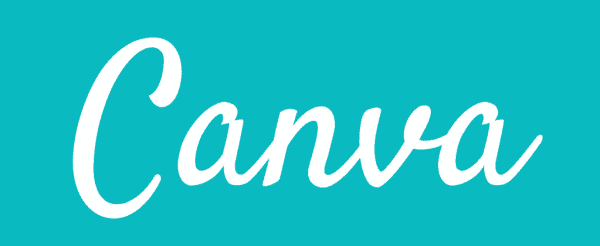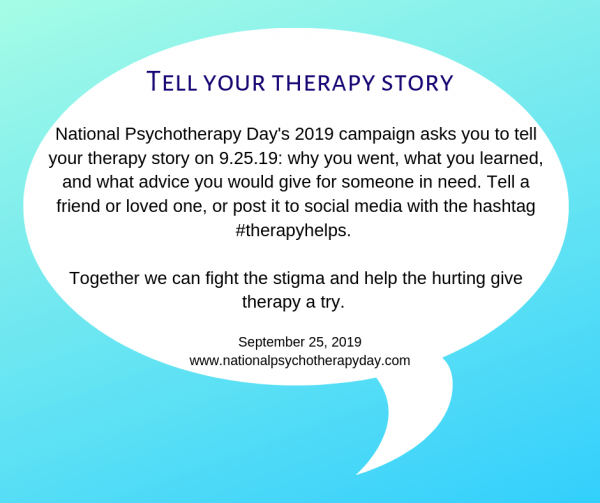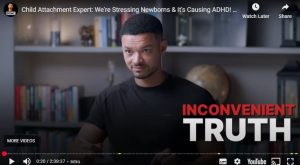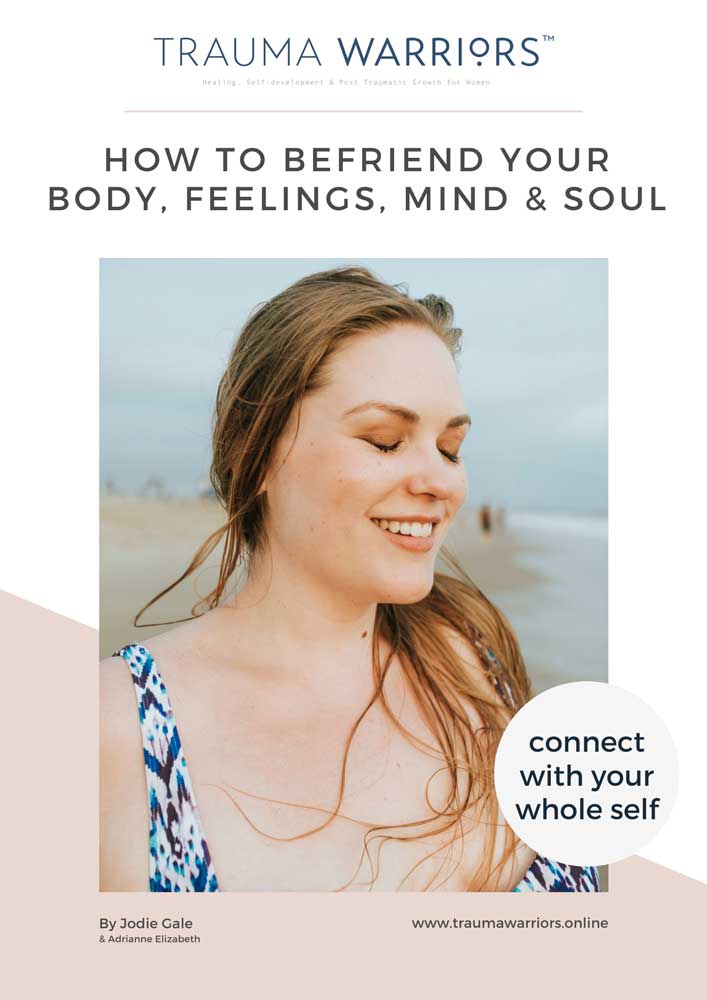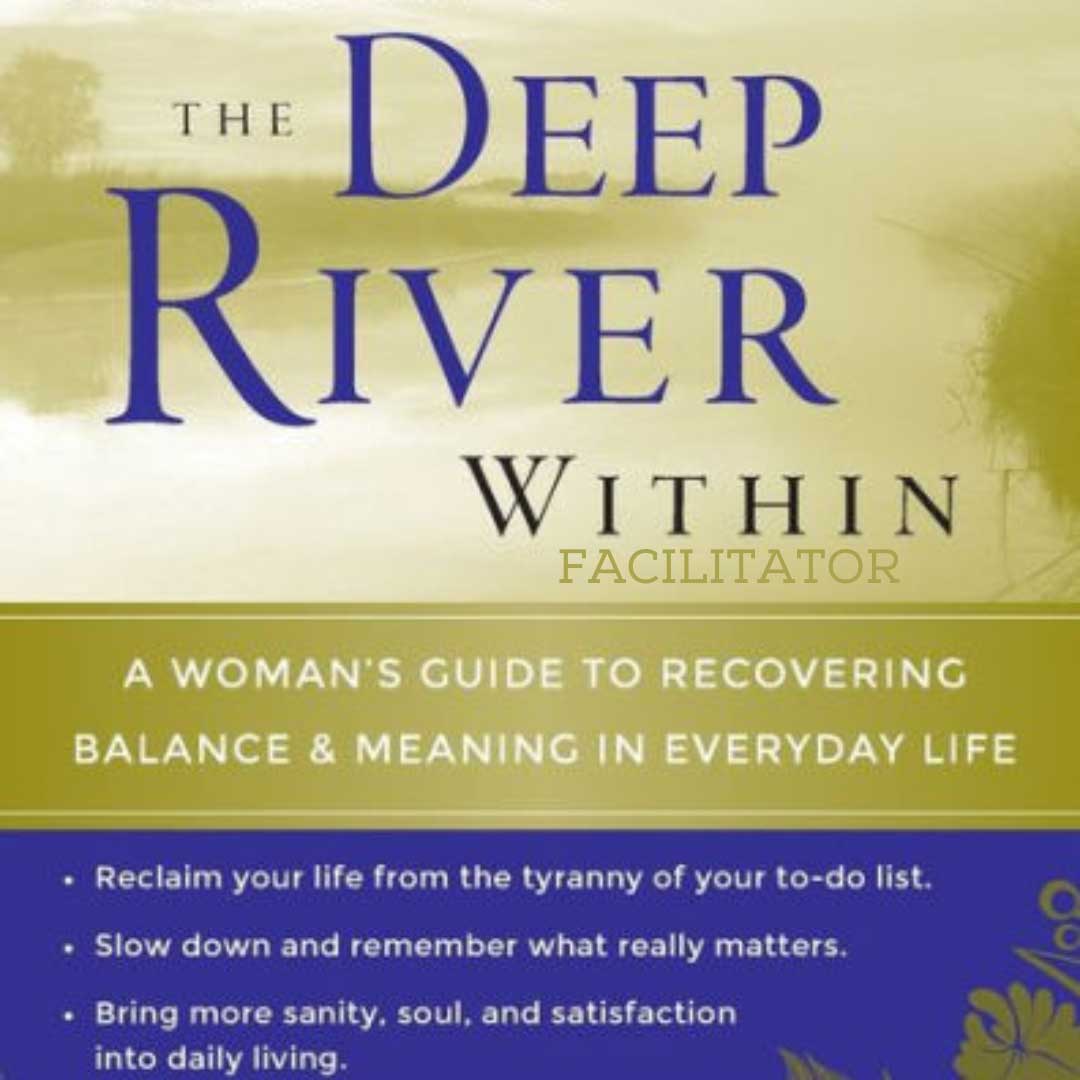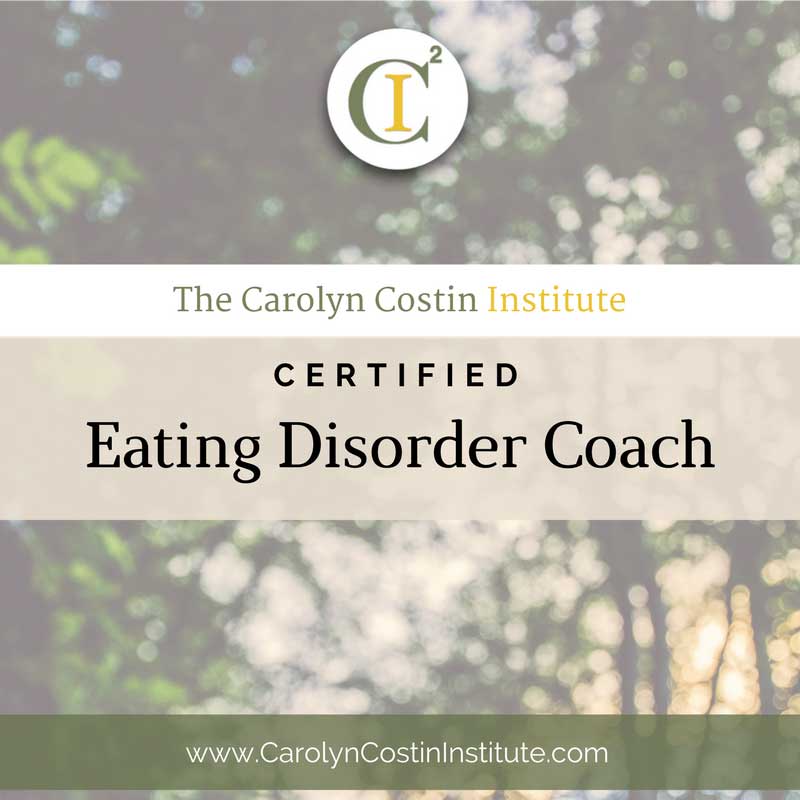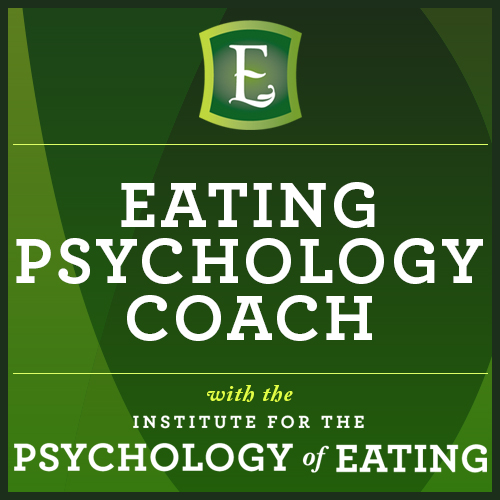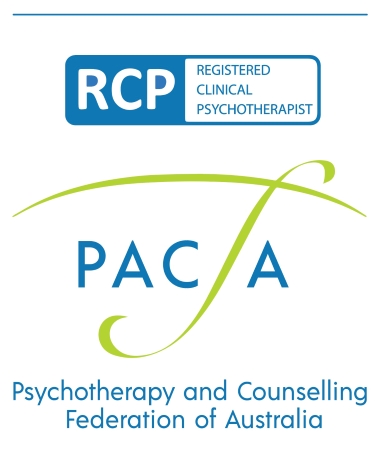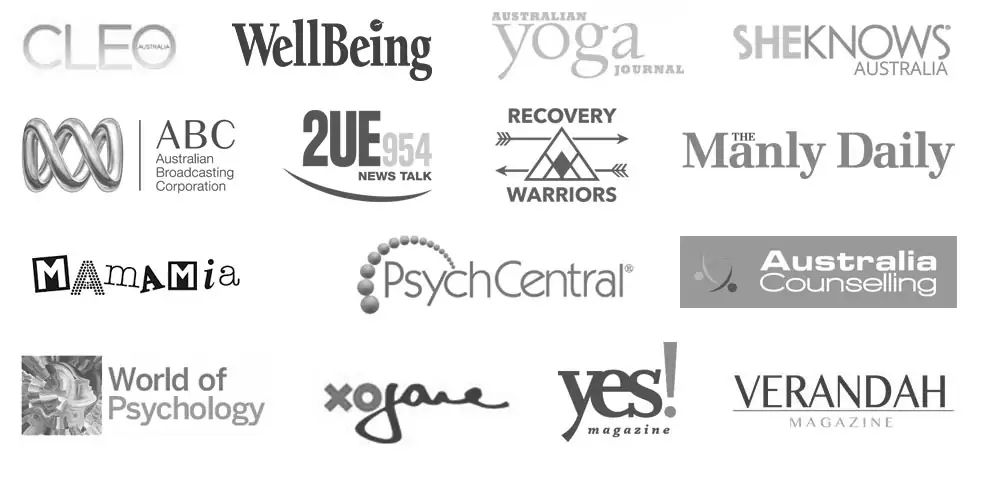FAO Therapists: Join the Psychotherapy Blog Challenge for National Psychotherapy Day
National Psychotherapy Day writes,
“Psychotherapy has an image problem.
Despite the fact that therapy is an effective, economical, natural, and meaningful way to improve lives, fewer people go.
Why is this?
There’s a stigma against people who seek therapy. Therapy and therapists are depicted as a farce on screen. Big Pharma spends billions selling the quick fix of medication, while individual therapists compete with one another for clients. And those are just a few reasons of many.”
Since 2012, followers of National Psychotherapy Day have been promoting the profession by
- Sharing therapy effectiveness research
- Donating time and/or money to support low-fee counselling centres
- Giving constructive feedback to therapists
- Talking and writing about therapy to fight stigma, and
- Wearing turquoise on September 25th to show support
National Psychotherapy Day Blog Challenge
This year I am running a National Psychotherapy Day Blog Challenge for counsellors and psychotherapists. This challenge is to help therapists promote their private counselling and psychotherapy practices and the evidence / benefits of psychotherapy to the wider public.
Blogging is a great way to create regular content on your website. In 2013, blogging literally turned my practice around – it also gave me a voice to promote psychotherapy within Australia and around the globe. I took part in two blog challenges, the Julie Hanks Therapist Blog Challenge and the Australia Counselling Blog Challenge with Clinton Power (Clinton is currently offering a Blog Training here).
Participating in a blog challenge and creating blog content has the following benefits:
1. Reduces therapy stigma and promotes the benefits of psychotherapy to the public
In line with National Psychotherapy Day, blogging about therapy helps to reduce stigma and provides an arena to educate the public about the benefits of psychotherapy.
2. Adds value to your website
Blogging provides a resource centre for your clients and the public.
3. Networking with colleagues
Private practice can be isolating – participating in a blog challenge builds a sense of comradery and the potential for building a referral database.
4. Keeps you up to date with the latest research
Blogging helps therapists stay in touch with the latest news and research within the field.
5. Builds writing confidence
Many therapists mention to me that they are scared to put themselves out there, that they aren’t great writers – I was one of these therapists. It’s time to put yourself out there; you are not serving the world by keeping your knowledge to yourself! Go for it – you will get better in time.
6. Higher ranking on Google searches
Creating up-to-date content will help your website rank higher in Google. Many therapists report ranking higher in Google searches within 6 months of blogging.
7. Increases client inquiries
Fresh content and higher Google rankings will increase your visibility to potential clients. Having great content on your site will also give potential clients a feel for who you are. Many client over the years credit my blog posts for reaching out to me for therapy.
8. Professional credibility
As therapists, we have a wealth of knowledge to share. Blogging helps to raise the profile of our profession. Blogging can also raise your profile as an expert in the field and as the go-to professional for your area of expertise.
9. Creates job opportunities
Within the first year of blogging, I was contacted by many online and print magazines, radio stations and an outpatient eating disorder treatment program. Start blogging – you never know who might be reading!
10. Provides a sense of power and effectiveness
Blogging regularly is a great way to own your power and to take responsibility for the growth of your practice. Many therapists report feeling a sense of hopelessness, particularly in Australia in relation to counsellors and psychotherapists not qualifying for Medicare rebates for their clients. Changing your mindset and practicing from a place of generosity, abundance and sharing your gifts – rather than from a place of lack – can result in a thriving practice. What have you got to lose?
How to participate in the National Psychotherapy Day Therapist Blog Challenge
- Join me and the other therapists participating at Opening the Door on Private Practice Facebook Group
- Watch for my suggested blog topic in the first week of each month between now and September 25
- Write your post in your blog on your website
- Share your blog in the Facebook group blog thread and on your social media pages by the 3rd week of the month
- Add the #tags: #NPD2019 #TherapyRocks
- Send me your blog URL to [email protected] and I will create a monthly round-up of blog posts to share with my 10, 000+ email list and social media followers
- Share the love by sharing your colleagues’ blog posts
- Have fun!
NB: this blog challenge is also open to counsellors who practice (psycho) therapeutically with their clients.
Have you missed the start of the blog challenge but would like to participate? Not ready to start yet but would love to be part of the community? Great! Join us at Opening the Door on Private Practice and start as and when.
Blog Challenge No.1. March: The most important thing your doctor doesn’t tell you about how to choose a therapist
Mental health treatment in Australia is dominated by the medical model via the Medicare Better Access Mental Health Plan system. Many potential clients aren’t aware of their choices in regards to treatment. What would you like potential clients of therapy to know?
If you are outside of Australia and ‘doctor’ doesn’t fit for you, insert *insurance company doesn’t tell you* or whatever works for you.
Play with the heading e.g. ‘5 important things your doctor doesn’t tell you about your mental health treatment’, ‘Important things you didn’t know about choosing an eating disorder counsellor’, ‘You need therapy – what your doctor isn’t telling you!’ ‘You feel depressed, now what?’
Some potential topics might include: advocate for choice of therapist, choice of modality versus the medical model, time limited service versus choice of length of therapy, choice of diagnosis or not, choice of disclosure of information, private pay therapy, therapy as investment.
Thanks to the therapists who contributed to the March challenge, here are their articles:
10 Amazing Therapists Tell You What Your Doctor Isn’t About How to Choose a Therapist
Blog Challenge No.2. April: Why psychotherapy (or counselling) is needed now more than ever
The purpose of this post is to educate the public about why psychotherapy (or therapy or counselling) is needed now more than ever. I’d love to see some super-duper, cheer leader posts about the reasons why now is the time to dive deep!
Again, be creative! Some potential topics might be using therapy to slow down and turn inwards, building capacity for presence, mindfulness, authenticity, care of the soul, an antidote to the glorification of busy, anything you personally find distressing about the current state of the world eg. relationships (oh dear, is anyone watching Married at First Sight?) politics, the environment/planet, a space to search for identity, how therapy helps with loss of value, meaning and purpose in life, short-term fix versus diving deep, false self out there versus authentic self inside, how we are influenced by ‘influencers’ on Instagram e.g. the Fyre Festival (aka shallow and fake) and how therapy helps one to develop critical thinking/an internal GPS, you could focus this specifically on your niche so for example, ‘Why depth psychotherapy is needed now more than ever to help you recover from your eating disorder’ or “Why psychotherapy is needed now more than ever if you suffer with depression?”
Thanks to the therapists who contributed to the April challenge, here are their articles:
Why psychotherapy is needed now more than ever before. Get the inside scoop from therapists around the globe.
Blog Challenge No.3. May: Therapy works…and here is the evidence
The purpose of this post is to highlight the hows, whats and whys re the evidence and benefits of therapy. Play with the title. You might want to talk about evidence based practice, practice based evidence (what’s your experience of working with clients and how therapy works?) or you could even write about your own personal journey through therapy and how it worked for you. You might want to link the research and evidence to your niche.
Try inserting a YouTube clip if you have one that fits with your blog. Go to YouTube, click on share, copy embedded link, go to your blog post and click text (rather than visual) and paste the embedded link.
There was a similar challenge on Australia Counselling if you need further ideas.
Thanks to the therapists who contributed to the May challenge, here are their articles:
Does Therapy Work? Yes. And Here is The Evidence
Blog Challenge No.4. June: Do you need a counsellor/therapist/psychotherapist or a coach?
If there is one topic that gets therapists all heated up, it’s coaching versus therapy. This will be a super popular blog post, particularly in online US therapy groups.
This post is an opportunity to help counselling, therapy/psychotherapy shine – without dimming the light on coaching- there is a place for both.
Show your readers that therapists can work with highly traumatised people and severe psychological disturbance but that therapy is not just about ‘mental illness’, the medical or disease model as portrayed by some big kahuna coaches (cough Tony Robbins) and sadly, some therapists writing on the topic. Remember, therapy is an art and a science – therapists use a myriad of creative, holistic, hopeful, positive and soulful theories and techniques within their framework and some don’t subscribe to the medical model at all.
Some potential topics to include might be: how each modality works, the difference and length training/credentialing, the strengths and limitations, are there any red flags? (try and address these in a positive light eg. good quality coaches will be registered with the ICF, coaches who were trained in therapy first are able to manage difficult situations when deeper issues get stirred up etc, what’s the difference in the therapeutic frame – how are sessions structured?, does therapy/coaching focus on past, present and/or future? the wounded healer as therapist/as coach eg. therapists are encouraged to work through their wounding via their own therapy – why is this important?, ethics, continued professional development and supervision requirements, membership with a federation such as ICF, PACFA, UKCP, the types of coaches eg. skills coach, career coach, leadership coach, life coach, fitness coach, mother-baby coach etc, trauma client versus the worried well? Where does one find therapists/coaches? (hint – can back link to your how to choose a therapist post).
Play with the heading: Coaching vs therapy – what’s the difference? Do I need a coach or a therapist, or both? The important difference between coaching and therapy, Anyone can hang a shingle on the door, is your therapist/or coach qualified? Why you need a therapist, not a coach, When life-coaching isn’t enough, Depressed: Do you need a therapist or a coach?
Thanks to the therapists who contributed to the June challenge, here are their articles:
Therapy Versus Coaching: Should You See a Therapist or a Coach?
Blog Challenge No.5. July: How therapy can help clients build a better relationship with self, others and the world
Therapy helps people turn their lives and relationships around, show your readers how!
Some potential topics for this month’s challenge could be attachment theory, object relations, self psychology, the inner child, internal family systems, building inner security, how the therapeutic relationship works to create security, how the therapy frame helps the client feel more secure, couple’s therapy, the impact of trauma and how therapy helps, raising awareness and becoming a conscious citizen in the world at large, relationship with the planet, parent – child relationships, relationships with family and colleagues etc.
Be as creative as you like – you could try writing a book or movie review linking it back to this topic or perhaps record your own video to go with your blog.
Thanks to the therapists who contributed to the July challenge, here are their articles:
How Therapy Can Help You Feel More Secure In Relationship with Yourself, Others and the World
Blog Challenge No.6: August: Help Therapy Stand Out with an Infographic
Creating an infographic is one of the best ways to help therapy stand out from the crowd. Infographics get shared more often than your average blog posts, they increase traffic by approximately 12% and help to build your brand awareness (Source).
- Choose one of the blogs, theories or elements from the previous blog challenges (or you could create a whole new infographic if you want to).
- Download the Canva app. My popular infographic on Gratitude, I created on Easel.ly but I find Canva easier
- Hit the + button
- Select Infographic
- Choose a ready made design or design your own
- You can add your infographic to the blog you have written or create a new blog post for it. Be sure to add some text for SEO purposes
If you google therapy infographics – many examples will come up to give you some ideas. I can’t wait to see how creative we all are!!!
Thanks to the therapists who contributed to the August challenge, here are their articles:
6 Awesome Therapy Infographics for Eating Disorders, Gratitude, Self-Care, Perfectionism, Relationships & Trauma
Blog Challenge No.7: September: Tell Your Therapy Story
Wondering what to do this year for National Psychotherapy Day? Simple… Tell your therapy story!
If you are able to get on with this one super fast, you might want to try submitting your story to Psych Central, Psychology Today, Tiny Buddha, Mind Body Green or a symptom focused site such as Recovery Warriors. Being published somewhere else will raise your ‘social proof’. If you go to the bottom of the website’s page, there is usually a tab, ‘Write for Us’ with submission details. Read other submissions to suss out the style required. I have been rejected by Mind Body Green 3 times but accepted to Recovery Warriors twice. Do not publish this on your own site if submitting to someone else – they won’t accept it. I just wrote my story yesterday and sent it to Recovery Warriors (accepted and will be released on the 25th yay!).
Alternatively, share on your own site and I will of course share all posts on the round up post. This will be another popular one – Therapists share their own therapy stories!
Please have this one to me by 20th of September (unless of course it is being published elsewhere and I will add to the round up as and when).
Thanks to the therapists who contributed to the September challenge, here are their articles:
4 Therapists on the Couch
FAO Therapists: Join my list and receive your free 31-Day Therapy Photo-A-Day Challenge with photo and story plan to help you build a thriving private practice.







